This list is based on my opinion and it belongs to me. I have been reading manga and watching anime for many years now (according to MyAnimeList I have seen over 15 000 episodes) which means I had difficulties deciding 15 best of the best.
Thanks for reading the thid part of my list!
11. Code Geass: Hangyaku no Lelouch + R2 (season 2)
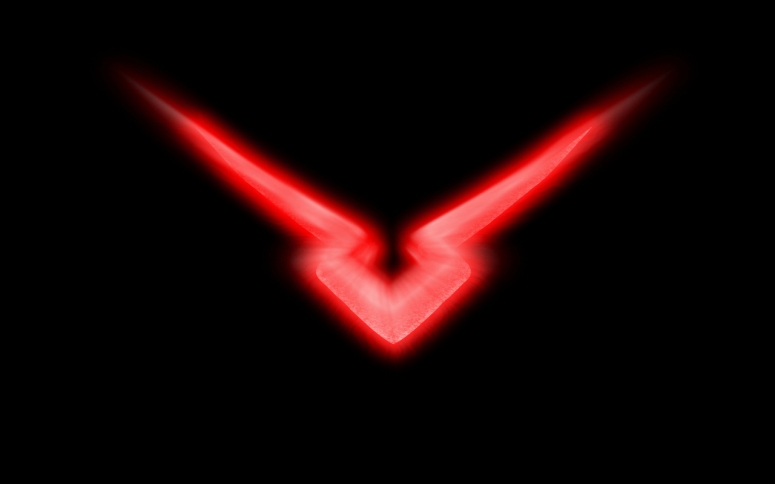
Both seasons are directed by Taniguchi Gorō. They have been praised by numerous critics for the appealing nature of the series, as well as complexity of the story and presenting moral questions. Taniguchi Gorō and Ōkouchi Ichirō created the original story, which has been adapted into many manga and light novels with different storylines or alternative universes.
This anime combines many different features all the way from mecha to mystery and drama. The world of Code Geass is an alternative universe, which is ruled by three nations: the Holy Britannian Empire (America, referred as Britannia), the Chinese Federation (Asia), and the European Union (Europe and Africa; previously known as the Euro-Universe). In this story, the neutral Japan ceased to exist after the Holy Britannian Empire (commonly referred as Britain) conquered said nation. Japan became a colony in 2010 and was renamed as “Area 11”. The Japanese were thus referred as Elevens, and during this incident, they lost their freedom of rights and their position: they were treated like lesser beings. Japan lost its freedom within a month after the war began, since Britannia tested new tactics of war: “Autonomous Armored Knight”, or “Knightmare Frame”, which are humanoid war machines. Their names are based on wordplay about “nightmare” and a knight’s mare.
The hero -technically anti-hero- is a student in Ashford Academy by the name of Lelouch Lamperouge, whose real identity is much more than the carefree act reveals. Lelouch vi Britannia is actually the former prince of Britannia who was seventeenth in line to Imperial throne. He lives with his sister, Nunnaly, in Ashford Academy in secret, since officially they are supposed to be dead. Despite his nationality, title and rank as an elite, he despises Britannians and swore to annihilate the rule the Holy Britannian Empire. After accidentally getting involved in a terrorist attack, he finds a girl called C.C (C2), who saves his life. Lelouch makes a contract with her and thus, is granted a power known as Geass (also known as Power of Kings). With this power Lelouch can command anyone (as long as he has direct eye contact) to do anything within the victim’s capability to do, affecting on their will to live, fight or die. He can only use this power once on the same person, who in turn doesn’t remember this happening at all. With his genius- like intelligence and newfound power Lelouch starts a stronger rebellion against the Britannian Empire, in order to create a better world where his disabled sister could live in peace. Behind his actions and calculating nature are also his own sense of justice as well as a wish for a revenge. In the process Lelouch makes name for himself as Zero, a living symbol of rebellion. He also unites other rebels as his own army called The Black Knights.
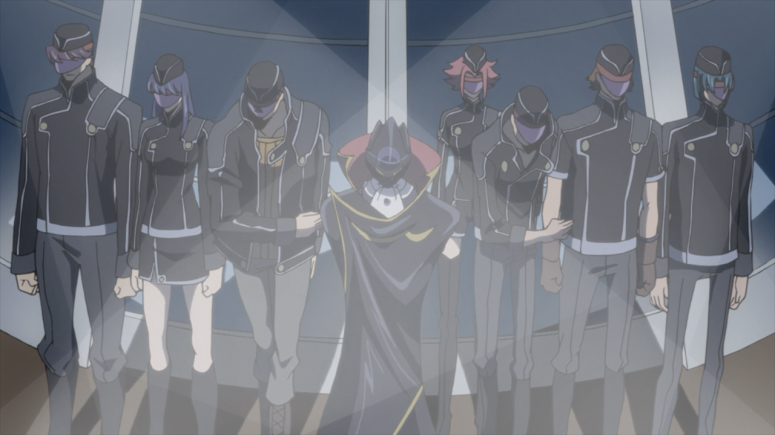
His mission was not easy in the first place, but humans and the troubles in those human relationships aren’t making his job any easier. As a normal student, he has many responsibilities and he has to find a way to act like his character should, even if that would go against his principles. He must find a balance between Zero and Lelouch, as well as keep his history as a prince hidden. To change the world, he must fight against many people, including his best friend, his relatives and himself. Elements of happiness, victory, pain and tragedy are mixed within this story, however Lelouch has prepared himself for those, on the other hand maybe not as well as he thought. The deeper he sinks into the rebellion, the harder his problems are to solve and expectations to fulfil. Later he finds out about the secrets of Geass, as well as the fact that he is not the only one possessing that power.
Just like ordinary life, Code Geass is filled with emotions such as happiness, humour, contentment, tragedy, heartbreak, sorrow and drama. Those emotions are linked and make each other stronger. After victorious moment filled with happiness, tragedy feels even more painful. The story follows emotions with convenient pace, which allows versatile use of said emotions without using them too much. The pace is fast, but easy to follow and while the plot is at times complicated, it ensures that there aren’t many boring scenes. The scenes, which describe the main characters normal life in school are mostly funny, and as such, those scenes are working as comical reliefs from all the seriousness only to move on to the blood-filled battles of Zero. Lelouch as a character is noticeable and charismatic and the series focus on mainly on him, but this doesn’t mean that he is predictable. On the contrary, Lelouch is surprising, as his thoughts and plans are capricious as well as thorough. Small details might be a part of a bigger plan which makes the series all the more interesting. Even though Lelouch is like a cold calculating genius, he is a human and as such is bound to make mistakes, and the audience can amuse themselves trying to find small mistakes. As a main character without a “designated sidekick” he has a lot of attention, and the audience really gets to know him properly. This means that the audience becomes attached to him, making the ending feel even more gruesome.
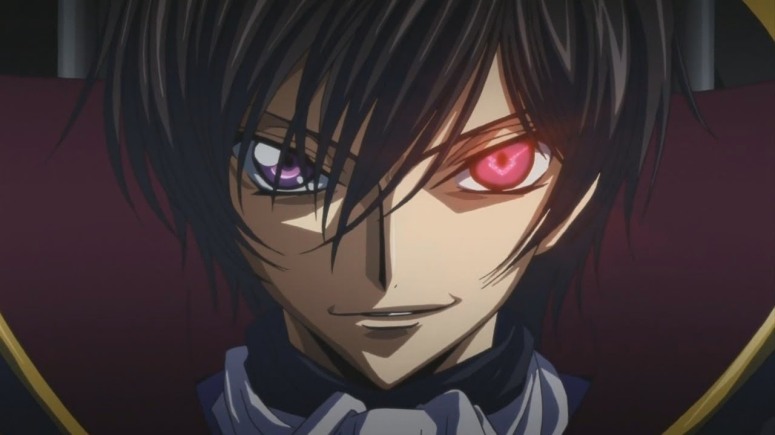
The second season is extremely important, since the first ended with a cliffhanger. During the second season, many other characters were introduced and the whole series had a “new beginning”. The characters and their interactions with each other were meaningful in a new way. The ending episode was perfect in my own opinion. The last seven minutes of that episode were just flawless, almost bringing me to tears. The timing, the music combined to the dialogue and visual points made that scene so beautifully sad. Without spoiling anything, I noticed from small clues that the third season is explainable (we just have to wait until third season starts airing).
This anime combines various well-known points well without losing their unique sides. Code Geass is a dramatic story about war, discrimination and justice, but it also has other interesting features from mecha. The characters are mostly interesting and surprisingly relatable, as they try to find balance between the society and their own moral thoughts. Their inner battles are fascinating to follow- even more than “real” battles between Britannia and terrorists.
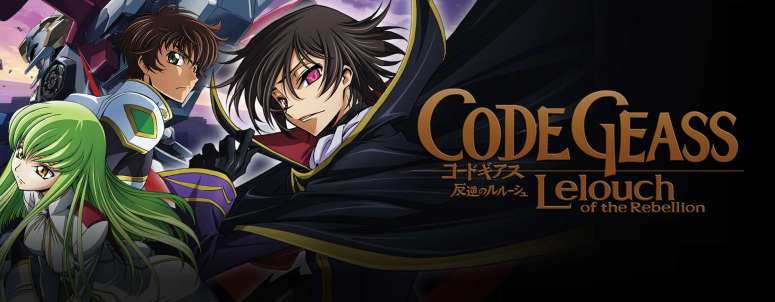
I know some of the readers disagree with me, as I put this anime as number 11 (talk about irony). Without a doubt this anime is amazing, but this is my own list of my own favourite anime- series which includes reasoning and analysis. First of all, some characters are cringe-worthy. Mostly this anime has wonderful moments, but some scenes are just annoying and the characters so irritating that I just wish they would be real so I could punch them in the face. One of the most useless and obnoxious characters ever, is found in Code Geass, and at times I had to watch elsewhere when they were shown. Also, the visual art could be better. Once the audience gets used to the unusual style it won’t bother much. The art style highlights sometimes unnecessary points, especially when drama resurfaces. Lelouch is presented as highly intelligent character (which he without a doubt is), but he is almost too smart. The “I planned for your plan that I had a plan for your plan”- part was not one of my favourite moments. Sometimes there is too much going on and during those moments the dialogue is over the top. There are also some cliché points: Japan versus the world, the school setting and rivalry (as well as the name shouting). The most bothering thing of all was the harem- feature and the fanservice. Yes, Lelouch is a charismatic main character, but was it really necessary to him to be the object of unwanted affection from every girl? Also, personally I wish to see the bigger picture and beautiful art, instead of unnaturally big boobs.
Code Geass is a complicated and thoughtful anime with mature themes where every action has a consequence. Even if I had some “complaints” those wouldn’t ruin the whole series. I was able to enjoy the anime and ask many questions, even if I would have preferred different way of showing the story. All in all, I liked Code Geass very much and I’m anxiously waiting for the third season. I know I can’t place this great anime any further, and I’m already having trouble deciding other rankings. These series are one of my many favourites and well deserving its place as number 11.
10. Fullmetal Alchemist Brotherhood
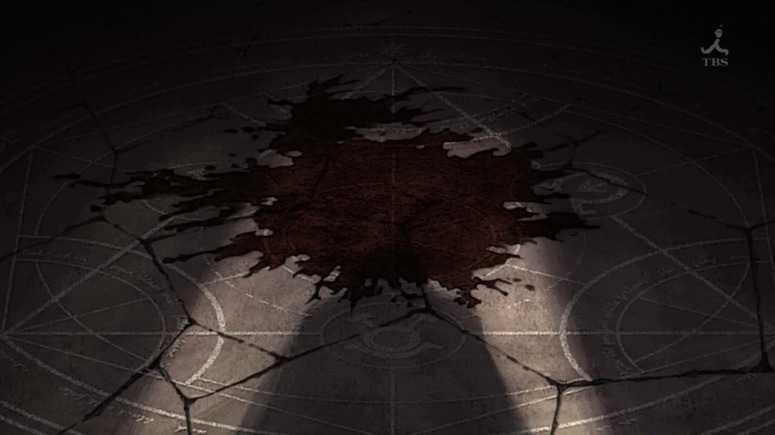
FMA: Brotherhood is second anime based on Arakawa Hiromu’s manga Fullmetal Alchemist. The previous adaptation is based on the same manga, but its plot differs greatly from the original manga and its story. Directed by Irie Yasuhiro and written by Ōnogi Hiroshi the Brotherhood series follow the original story although it also differs slightly from the manga. These anime- series and manga are widely known and respected, so introduction feels unnecessary, but since it is a nice story, I am going to write a small summary anyway.
After many years of wars and incidents some degree of peace has arrived in the country of Amestris which slightly resembles an alternate WW2 Germany. The story starts introducing two main characters: State Alchemist Edvard Elric and his younger brother Alphonse Elric as they battle against another alchemist. These two brothers have committed a taboo, human transmutation, in order to bring their deceased mother back to life with alchemy, ultimately failing and losing something of their own in the process. Ed lost his left leg, but Al loses his whole body and trying to save his brother, Ed sacrifices his right arm, binding his brother’s soul to an armour. Using automail prosthetics Ed chooses to become a government sanctioned State Alchemist, after succeeding in the exam he receives the name “Fullmetal Alchemist”. Together the two brothers are trying to get their bodies back working for the government and doing research of their own. This is their original purpose which is present at all times, however as the series continue, new goals are exposed such as preventing wars and finding answers behind recent incidents. While Ed and Al are trying to find a way to regain their bodies, bigger problems such as war within nation emerge once again.
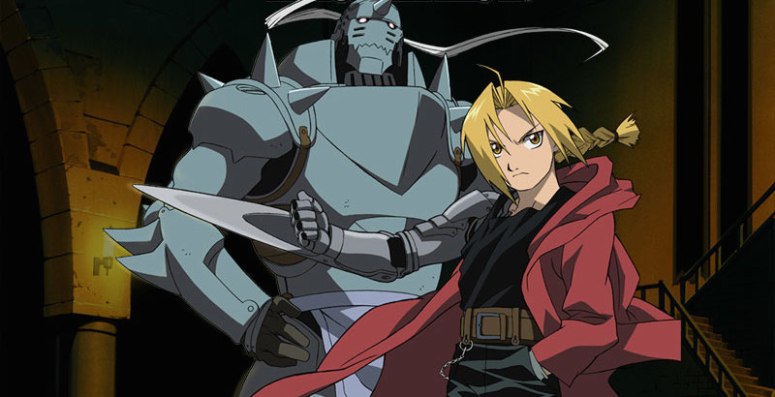
The story is unique since the one main goal is always there, while others means and findings are leading to other directions. Many other known features from popular culture are mentioned: philosopher’s stone and homunculus. While watching FMA the audience can (re)learn the seven deadly sins in the form of homunculus in their truest nature. I really liked the characters of homunculus since they represented their own sins accurately as if being personifications of those sins themselves (which they supposedly are). As they interact with alchemists or normal humans, their nature is brought up which surfaces many questions. I also like the fact that these series include strong female characters. And by “strong female character” I mean a well written, mentally strong, independent and capable women who can take care of themselves, while also are able to rely on others.
I adore the music in these series. I have nothing bad to say about the soundtracks since they create the perfect atmosphere for the story and its scenes. The soundtrack itself is versatile, creative and fitting. It’s never in the way, instead it’s always effective and useful- just like a good soundtrack should be. Also the openings and endings are amazing. After watching just one opening, the audience has seen a small story of the bigger story which completes and adds anticipation. The songs are beautiful especially after following the lyrics. One of my favourite openings is SID’s ‘Rain’ in which every character is desperately fighting in the rain for the things they care the most, as if fighting inside a nightmare for a better dream.
![Screenshot_2017-06-19-19-18-08[640].png](https://unfortunatefateblog.files.wordpress.com/2017/06/screenshot_2017-06-19-19-18-08640.png?w=775)
To be honest these series are supposed to focus on many people, not just the main characters, which can be seen as changing point of view and introduction of many different characters with their own traits. Unlike Code Geass, in which Lelouch was the main focus intentionally, Fullmetal Alchemist focuses too much on the older brother Ed, often ignoring other characters. This is not a “problem” for me, but certainly caught my unwanted attention, mostly because there were supposed to be two main characters, though Al had his moments as well. There were so many intersting characters with different backgrounds, but they had no screentime at all.
![Screenshot_2017-06-19-19-17-13[639].png](https://unfortunatefateblog.files.wordpress.com/2017/06/screenshot_2017-06-19-19-17-13639.png?w=775)
Fullmetal Alchemist: Brotherhood is understandably a classic, since it presents mystery and action elements well, respecting other themes and points. The battle scenes are detailed and the moves seem to honour the sports which inspired them. Still this anime slips into one of the problems I’ve mentioned in my earlier posts: exaggerating fight scenes. For example, there is no time to make moral questions during war in the middle of a battle. Things like inspirational dialogues and epic conversations are at times cool however if they are overused they become boring and interrupting. I also have to admit that the ending wasn’t satisfying at all (at least for me). Mature themes are present the whole time but the jokes, which usually light up the mood, never change, and this makes the atmosphere seem like it’s not moving at all. Still, in my opinion Fullmetal Alchemist: Brotherhood is a good anime with special themes and unique ways of presenting them. It uses symbols creating beautiful art and converses with modern-day problems such as wars and racism.
Both of these anime- series are work of art. They are beautiful and educating while also being interesting and entertaining. It is not my intention to offend any fans of these amazing series, but please remember that this is just my opinion and my own list. These series are known as classic series and while it is true, I consider these in great series worthy of numbers 11 and 10 on my list, based on analysis of my own.
Thanks again for reading this!
-Unfortunate Fate

